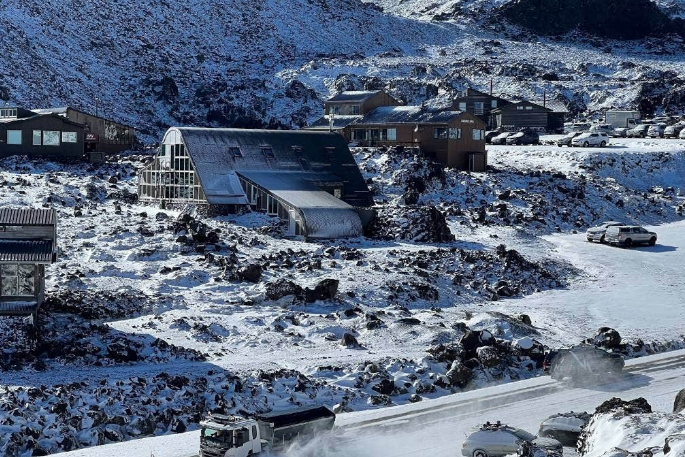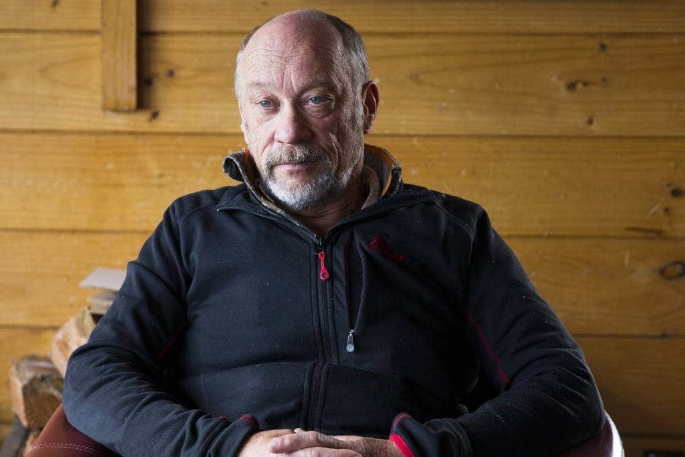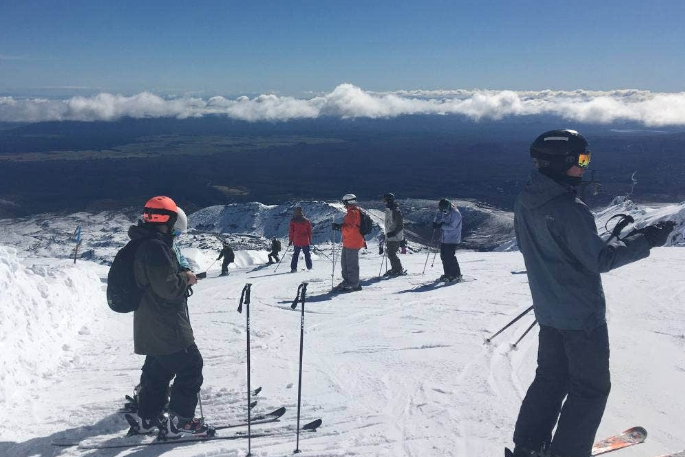At least two groups have offered to take over operations at Mt Ruapehu's Tūroa skifield as the fate of the central North Island's skifields remains in the balance.
With winter fast approaching, and an all-important administrators report into the skifields' operation due on May 1, two groups have put their hands up to take over the running of Tūroa.
Meanwhile, a local stakeholders group, the Ruapehu Skifields Stakeholders Association (RSSA), says it was could restart operations on the mountain 'tomorrow”, but did not want to split the mountain's two skifields.
In October last year, Ruapehu Alpine Lifts (RAL), which operates the Whakapapa and Tūroa skifields, went into voluntary administration carrying around $45 million in debt.
Price Waterhouse Coopers (PwC) were appointed voluntary administrators of the business, which employs around 200 staff. They were given until May 1 to develop a plan to save the business after three seasons of poor snowfall and Covid-19 lockdowns pushed operations on the mountain to the brink.
One group keen to buy Tūroa skifield is Tūroa Alpine Ltd, which business adviser and company director John Sandford says was a consortium of residents, local businesses, regional businesses, and nation-wide benefactors.
Sandford, who was on RAL's board from 2005 to 2011, says the group lodged a bid with RAL and the Ministry of Business Innovation and Employment (MBIE) last week and were looking to raise between $8 to $10 million for the publicly listed company to buy the business and assets at Tūroa.
'I'm confident with the commitments that we already have that we will get the funds we need.
'Long-term, cafés and other commercial activities would have the opportunity to set up there ... and we have off-mountain projects lined up as well.
'We would make sure all facilities and infrastructure works well and others can do retail, hire shops, cafés and that sort of thing.”

Last winter saw plenty of snow fall on Mt Ruapehu, but it quickly disappeared due to warm, wet weather. Photo: Supplied.
Sandford says RAL had run out of cash and was not well enough capitalised to survive three poor seasons in a row.
'In essence, they did too much too fast with not enough capital to make it work.”
He says an important part of the Tūroa Alpine bid was to make sure they had enough money in reserve to last three bad seasons and stay afloat.
Stuff understands another group, led by two Ohakune-based business people and called Pure Tūroa, was also about to make a bid for the Tūroa skifield.
Efforts to contact the group have so far been unsuccessful.

It's essential to have a contingency fund for tough times, says Ohakune ski hire company and hotel owner Sam Clarkson. Photo: Christel Yardley/Stuff.
But, Sam Clarkson, Skotel Alpine Resort and Edge to Edge Ski Hire owner, and one of two life pass holder representatives, says an RSSA survey showed skiers wanted both skifields to be under one operation.
'I don't think a private for-profit business should be operating up there on a national park anyway.
'If we could be given the green light tomorrow, we would get in there and get it up and running. We have directors lined up, we've got management lined up – it's a fresh look.”
Clarkson says RAL had been 'run into the ground” by previous boards and the RSSA was 'of the skiers, by the skiers and for the skiers”.
'We've had a pretty clear steer from life pass holders and the community ... that people would prefer to see both sides of the mountain retained as one operation.”
He also believed a contingency fund should be created to offset poor snowfall seasons.
'No future provision had been made for such events like La Niña, bad snow seasons, or the creation of new facilities.
'Those funds need to be ring-fenced, and out of the day-to-day running expenses ... it's essential.”
He says RSSA had put together a survey of mountain users which 'addresses the appetite from the wider mountain community to make an investment and become co-owners of the business that operates the skifield”.
'If we were to put $15 million on the table we could make decisions for the future that would be sustainable ... we are asking what people are prepared to contribute and why.”



0 comments
Leave a Comment
You must be logged in to make a comment.